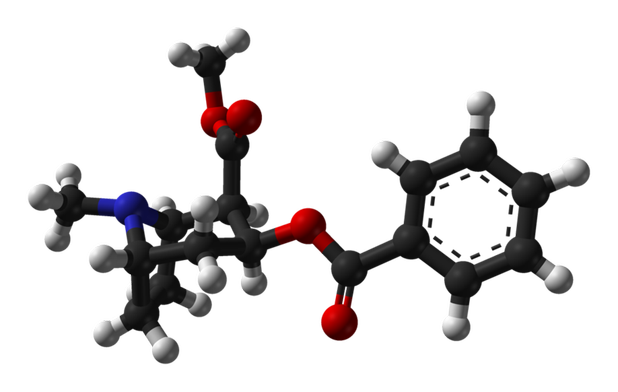- Story Highlights
-
- Cocaine Vaccine: Common cold virus used to develop vaccine that will keep ingested cocaine out of the brain.
New Cocaine Vaccine Looks Promising
Researchers at Weill Cornell Medical Center think they’re on to something big – a vaccine that could help cocaine addicts kick a notoriously difficult addiction.
At present, no medications are approved for use against cocaine addiction – but based on the results of a latest cocaine vaccine trial, experts say there is real hope that a pharmacological aid that could make quitting a little bit easier may soon be available.
In a study funded by the Institute on Drug Abuse (NIDA), drug-addicted mice were injected with a vaccine which combines a common cold virus and particles that mimic the molecular composition of cocaine. Once on the vaccine, addicted mice that use cocaine, don’t get as high from their use. Researchers hope that addiction treatment vaccines such as this one being tested will make it easier for people to break free from tough to beat cocaine addictions.
How the Vaccine Works
By piggybacking the cocaine-like molecule onto a common cold virus in the vaccine, the immune system learns to recognize cocaine as a viral substance to be attacked and future ingestion of cocaine is met with an immune response. When the immune system attacks the cocaine after ingestion, much of the drug is blocked from entering into the brain and thus from producing a high.
The Study Results
Mice given the vaccine and then cocaine showed minimal hyperactivity. Non-vaccinated mice given the same amount of cocaine showed extreme hyperactivity, which is a behavioral sign of cocaine intoxication.
Although this is far from the first attempt at the development of a cocaine vaccine, the researchers explain that their results are significant because of the improvements demonstrated in this version, notably:
- Their vaccine blocked up to 40% of ingested cocaine, a greater amount than previous vaccines
- Their vaccine required only one application, while previous vaccines had required multiple expensive administrations
- Their vaccine showed efficacy for at least 13 weeks (the length of recorded results)
Researchers hope to move towards human trials with their cocaine vaccine within a couple of years. They caution however, that although initial results look very promising, there’s still a long way to go before cocaine addicts in need might get a pharmacological helping hand – or as lead researcher Dr. Ronald Crystal puts it, “This looks terrific but humans are not big mice.”
The full research results can be found in the journal, Molecular Therapy.


